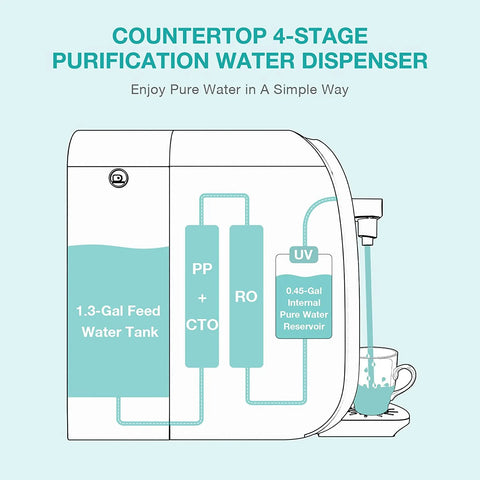Differences Between UV Filters and RO Filters
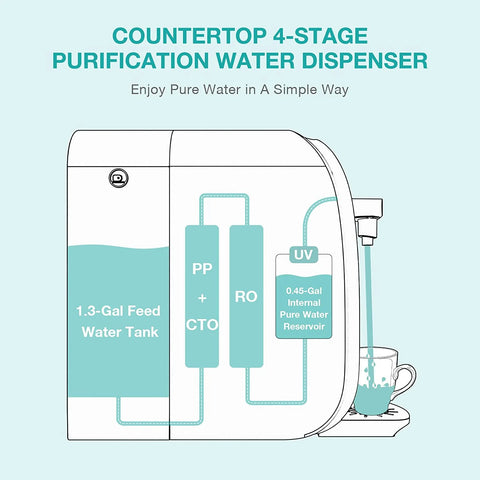
Water purification is essential for health and safety, and two popular technologies used are UV (Ultraviolet) filters and RO (Reverse Osmosis) filters. Understanding their differences helps in choosing the right system for your needs.
What is a UV Filter?
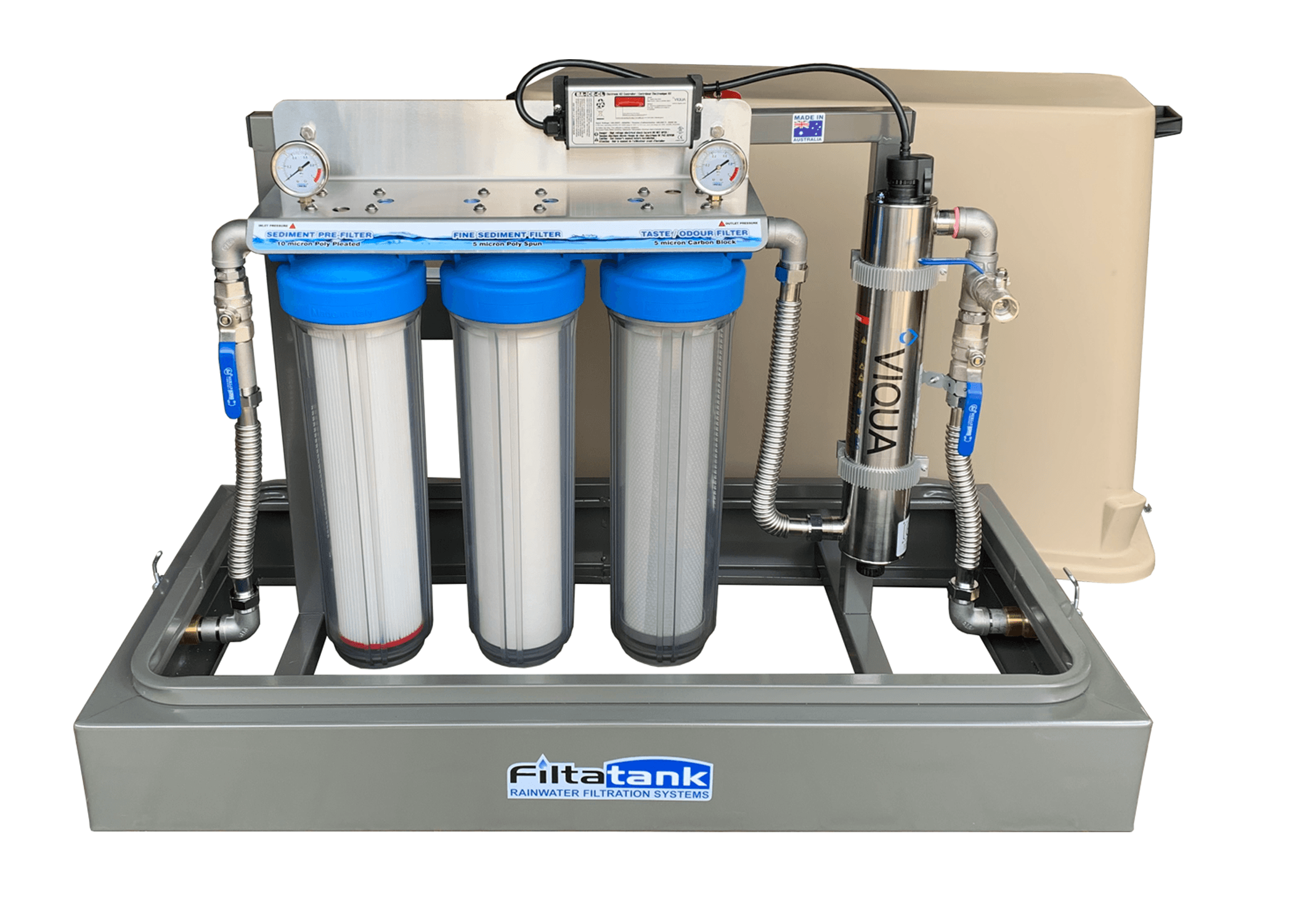
A UV filter uses ultraviolet light to disinfect water by killing or inactivating bacteria, viruses, and other microorganisms. It does not remove dissolved solids or chemicals but is highly effective in sterilizing water.
How UV Filters Work
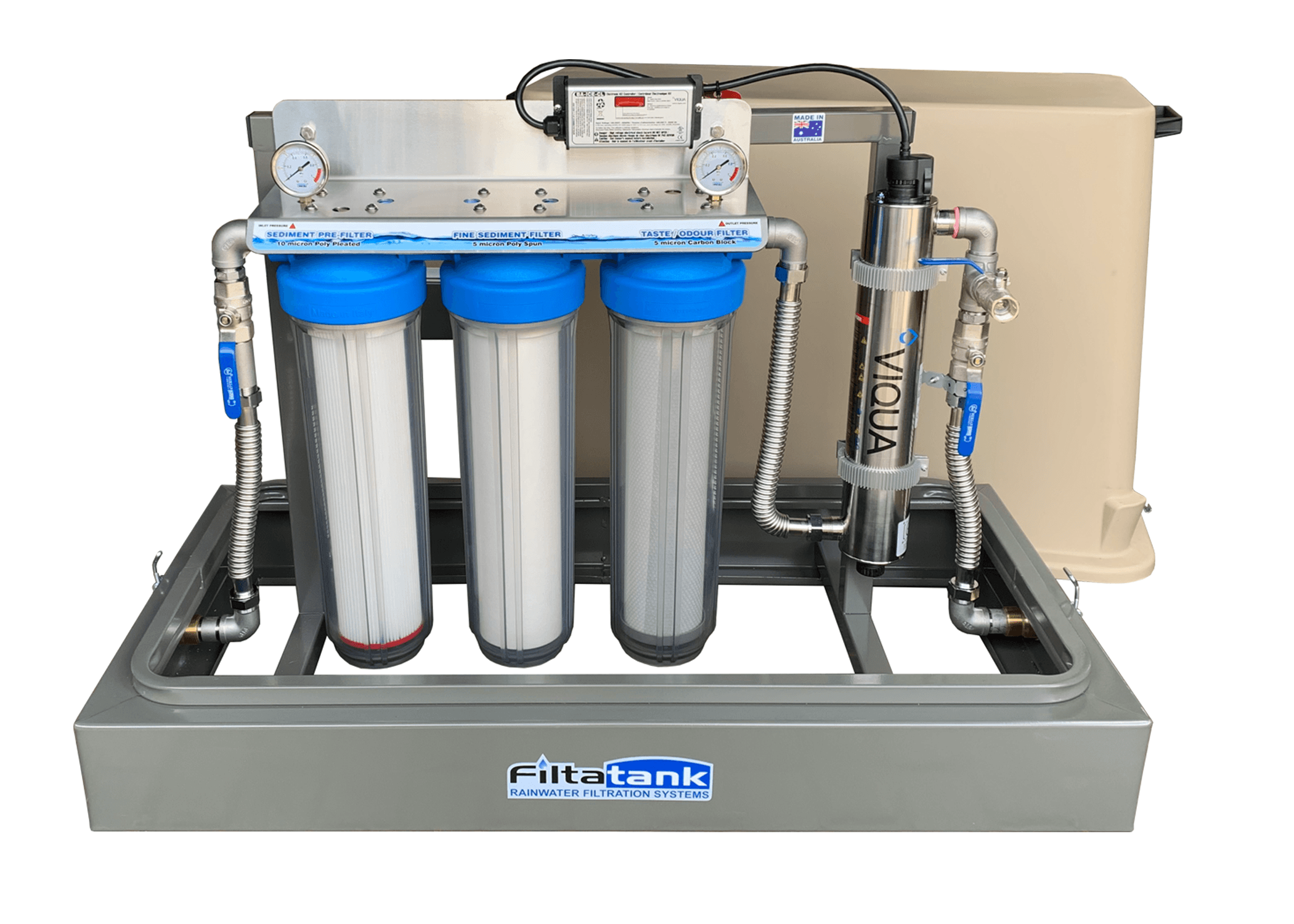
- Water passes through a chamber exposed to UV light.
- UV rays penetrate the cells of microorganisms.
- The DNA of these organisms is disrupted, preventing reproduction.
Benefits of UV Filters
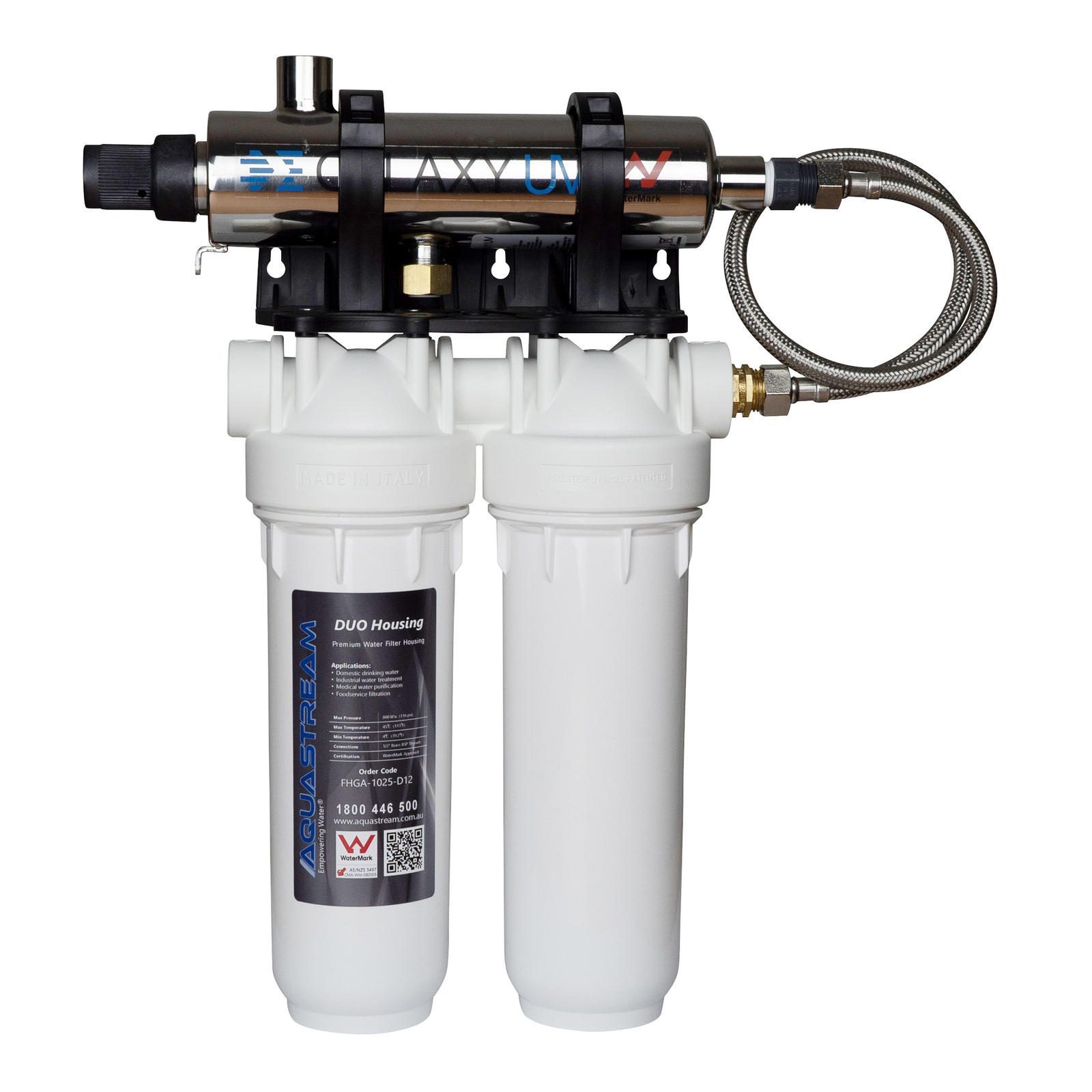
- Chemical-free disinfection.
- Quick treatment process.
- Maintains the taste and mineral content of water.
What is an RO Filter?
Reverse Osmosis (RO) filters use a semi-permeable membrane to remove impurities from water. This process filters out dissolved salts, heavy metals, chemicals, and other contaminants.
How RO Filters Work
- Water is forced through a membrane under pressure.
- The membrane blocks contaminants larger than water molecules.
- Clean water passes through; impurities are flushed away.
Benefits of RO Filters
- Removes a wide range of contaminants.
- Improves taste and odor by removing chemicals.
- Provides purified water suitable for drinking and cooking.
Key Differences Between UV and RO Filters
| Feature | UV Filter | RO Filter |
|---|---|---|
| Purpose | Disinfection of microorganisms | Removal of dissolved solids and contaminants |
| Removes Chemicals | No | Yes |
| Removes Microorganisms | Yes | Yes (due to membrane filtration) |
| Effect on Minerals | Retains minerals | Removes most minerals |
| Water Wastage | None | Yes (wastewater produced) |
| Maintenance | Replace UV lamp periodically | Replace membrane and filters |
When to Use UV vs RO Filters
- Use UV filters if your main concern is killing bacteria and viruses, especially when water is microbiologically unsafe but low in dissolved solids.
- Use RO filters if your water has high levels of dissolved salts, heavy metals, or chemical contaminants.
- Many systems combine both for comprehensive purification.
FAQs
Q1: Can UV filters remove chemicals from water?
No, UV filters only disinfect microorganisms and do not remove chemicals or dissolved solids.
Q2: Does RO water taste flat?
Yes, because RO removes minerals, water may taste flat. Some systems add minerals back for taste.
Q3: Is UV filtration safe?
Yes, UV filtration is a safe, chemical-free method to disinfect water.
Q4: How often should I replace RO membranes?
Typically every 2-3 years, depending on water quality and usage.
Choosing between UV and RO filters depends on your water quality and purification needs. Understanding their functions ensures you select the best system for safe, clean drinking water.
